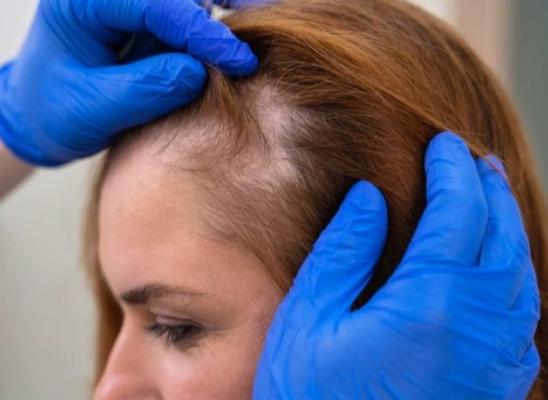I Have Trichotillomania, But Nobody Knows…

Online test
Find out the severity of your symptoms with this free online test
Living in secrecy with any condition that affects your health or well being can be very lonely. People living with mental or emotional disorders are particularly vulnerable to isolation because of the negatively perceived stigma attached to conditions of the mind. Trichotillomania is no different, and the lack of awareness of hair pulling as a clinical condition further exacerbates the lack of support and isolation experienced by trichotillomania sufferers. People with trichotillomania also often feel great shame and embarrassment, which results in them hiding the affected areas in an attempt to hide their behaviour from friends and family.
The Benefits of Disclosure
Although hair pulling is a psychological condition, the symptoms are physically evident, particularly in severe cases of trichotillomania. Friends and family will inevitably start to notice thinning or balding of the scalp, constant changes to your brows or loss of eyelashes. Many people with trichotillomania go to great lengths to hide it by wearing wigs, hats or scarves; using false lashes or wearing sunglasses. However, this can be exhausting and time consuming. One of the benefits of disclosing to someone what you are struggling with is that you create a safe place where you do not have to hide the evidence of your condition. Studies have also shown that confiding in others, rather than bearing negative emotions and experiences in silence, has a positive influence on overall health. This may be because the person you trust with this knowledge may be able to offer you support and encouragement. However, telling somebody can be scary because you don’t know how the person will react. We all seek acceptance from our social group and the prospect of disclosing that you have trichotillomania may be clouded by feelings of fear and anxiety about whether the person will understand and be supportive, or whether they will be critical and reject you. Deciding to confide in somebody is a very personal decision only you can make and there is no rule as to who needs to know about your condition.
Helpful Hints for Disclosing to Somebody You Have Trichotillomania
- The first step is to reflect on your own feelings about the condition. If you experience feelings of guilt or shame, you will be more vulnerable to being hurt when others react negatively. By coming to terms with trichotillomania you will be more open to talking honestly with others about it.
- Secondly, identify who you would feel comfortable knowing about your condition and why you think they should know. Gaining clarity about the reasons you want this person to know will help you decide how much or what depth you wish to share with the person. For example, you may think it would beneficial to let your employer know so that he/she will understand when you need to attend therapy or when you don’t feel confident in certain situations. In this instance your disclosure will be very professional, keeping your description of the condition and your experience of it very factual and to the point. If on the other hand you want to confide in family or a close friend, ask yourself how you would like to be supported by them and this will determine how intimately you share your personal experience of the condition with them. Setting boundaries can also help you help them know how best to support you.
- Know the facts. Find out as much information as you can about trichotillomania and the way it affects you personally so that you can answer any questions in a factual manner. Your friends or family may want to help, but may not know how, especially if they do not know much about trichotillomania. It is therefore beneficial to have a clear understanding of the disorder yourself so that you can explain it to them and to have a clear idea of how you would like to be supported. It is useful to have information or resources such as websites or leaflets handy when explaining the condition to them.
There are great benefits to telling someone about your condition, but make sure that it is something you are ready and comfortable doing.
Online test
Find out the severity of your symptoms with this free online test
Start your journey with TrichStop
Take control of your life and find freedom from hair pulling through professional therapy and evidence-based behavioral techniques.
Start Now



